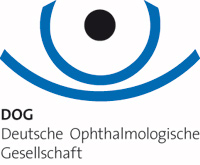 308
308
Using iCare Home Tonometry: Are we missing the Max IOP in clinic? // Severe ocular trauma: an updated approach in times of war I International Experts Day im Rahmen der DOG 2023
FR17
Using iCare Home Tonometry: Are we missing the Max IOP in clinic? // Severe ocular trauma: an updated approach in times of war I International Experts Day im Rahmen der DOG 2023
FR17
INTERPLAN AG
Congress, Meeting & Event Management AG
Landsberger Straße 155
DE - 80687 München
Tel.: +49 (0)89 548 234 35
-
Basisinformation
Datum29.09.2023, 15:00 - 16:15SymposiumBerlinSpracheEnglischGebühren abgebührenfreiVeranstalterDOG - Deutsche Ophthalmologische Gesellschaft e.V.
OrganisatorINTERPLAN AG
Congress, Meeting & Event Management AG
Landsberger Straße 155
DE - 80687 München
Tel.: +49 (0)89 548 234 35 -
VERANSTALTUNGSORT
Estrel Convention Center I Saal Helmholz
Sonnenallee 225
12057 Berlin, DE - Programm
- Gebühren
- Buchung / Anmeldung
- Zertifizierung
- Sponsoren
